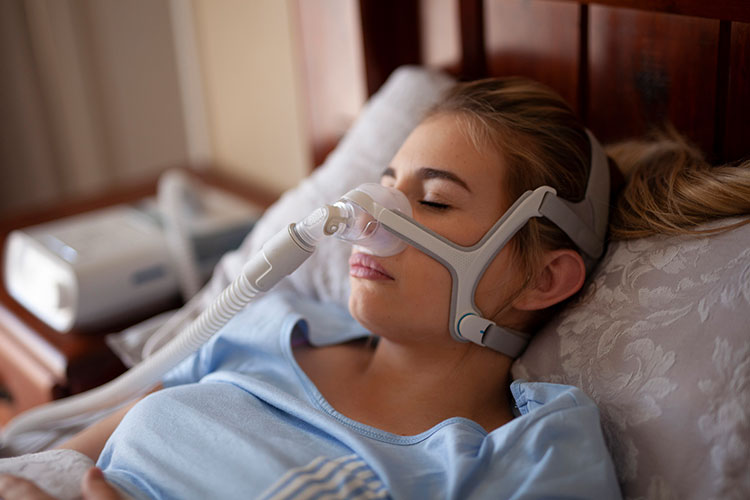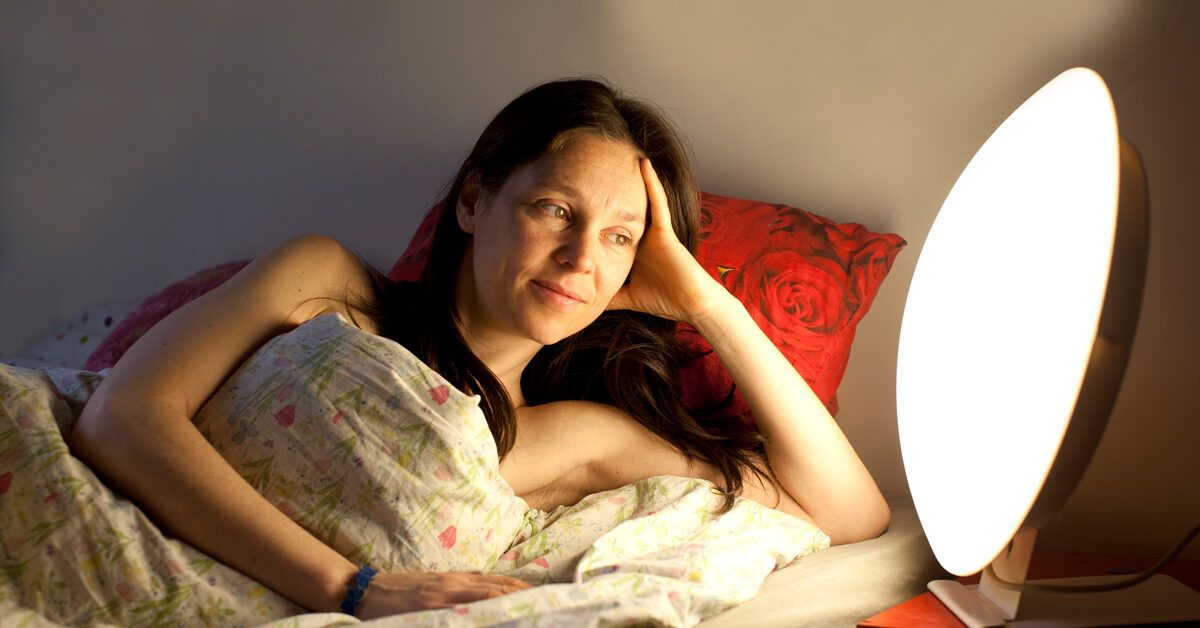Experienced Insomnia Specialist - Personalized Look After Better Sleep
Experienced Insomnia Specialist - Personalized Look After Better Sleep
Blog Article
Effective Treatment Solutions for Managing Sleep Disorders and Enhancing Peaceful Rest
In the world of healthcare, the management of rest conditions and the pursuit for peaceful rest are critical elements of overall wellness. As we navigate the intricate landscape of sleep conditions and seek to improve our sleep experience, a much deeper understanding of these treatment options might hold the trick to opening an extra refreshing and fulfilling restorative journey.
Cognitive Behavioral Therapy for Sleeping Disorders (CBT-I)
Cognitive Behavior Modification for Sleeplessness (CBT-I) is a structured, evidence-based therapy technique that concentrates on resolving the hidden aspects contributing to sleep disturbances. This kind of treatment aims to modify habits and ideas that aggravate insomnia, inevitably promoting healthy and balanced rest patterns. CBT-I typically entails several essential elements, consisting of cognitive treatment, sleep limitation, stimulus control, and sleep health education.
Cognitive therapy assists people identify and change unfavorable idea patterns and beliefs regarding rest that might be preventing their ability to drop or remain asleep. Sleep restriction entails restricting the amount of time invested in bed to match the person's real sleep duration, consequently raising sleep performance (insomnia counseling). Stimulation control techniques assist establish a solid association in between the bed and sleep by motivating individuals to head to bed only when sleepy and to stay clear of taking part in boosting tasks in bed
In addition, sleep hygiene education concentrates on establishing healthy rest behaviors, such as preserving a regular rest timetable, producing a relaxing going to bed routine, and maximizing the sleep atmosphere. By dealing with these elements comprehensively, CBT-I offers an effective non-pharmacological treatment for handling sleep problems and improving overall rest top quality.
Rest Health Practices
Having developed the foundation of cognitive restructuring and behavioral adjustments in addressing sleeplessness with Cognitive Behavior modification for Sleep Problems (CBT-I), the focus now shifts in the direction of exploring vital Sleep Hygiene Practices for maintaining optimum sleep top quality and overall well-being.
Rest health methods include a variety of practices and environmental aspects that can considerably affect one's ability to go to sleep and remain asleep throughout the night. Constant sleep and wake times, creating a relaxing bedtime regimen, and maximizing the sleep atmosphere by maintaining it dark, quiet, and cool are essential components of excellent rest hygiene. Restricting direct exposure to screens prior to going to bed, staying clear of energizers like high levels of caffeine near to bedtime, and participating in regular exercise throughout the day can likewise advertise better rest quality.
Moreover, exercising relaxation strategies such as deep breathing workouts or meditation before bed can aid soothe the mind and prepare the body for rest. By integrating these rest health practices right into one's daily regimen, individuals can establish a healthy sleep pattern that supports peaceful rest and total well-being.
Relaxation Strategies and Mindfulness
Implementing relaxation techniques and mindfulness techniques can play a critical duty in cultivating a sense of tranquility and promoting quality rest. In addition, assisted imagery can aid deliver individuals to a tranquil area in their minds, aiding in stress decrease and improving rest high quality.
Mindfulness methods, such as meditation and yoga exercise, are also reliable in promoting relaxation and improving rest. Mindfulness urges individuals to remain present in the minute, allowing address go of concerns concerning the past or future. By including these methods into a going to bed routine, people can indicate to their bodies that it is time to prepare and take a break for sleep. In general, integrating leisure strategies and mindfulness methods can considerably add to handling sleep disorders and improving overall sleep quality.

Medication Options for Rest Disorders
After exploring relaxation strategies and mindfulness techniques as non-pharmacological interventions for boosting sleep top quality, it is important to think about medicine alternatives for people with rest problems. In situations where lifestyle modifications and treatment do not supply enough alleviation, medication can be a useful device in taking care of sleep disruptions.
Commonly prescribed medicines for rest conditions include benzodiazepines, non-benzodiazepine hypnotics, antidepressants, and melatonin receptor agonists. Antidepressants, such as trazodone, can be beneficial for people with co-occurring depression and sleep disruptions - insomnia specialist.
It is essential for individuals to speak with a doctor to identify the most appropriate medication dig this alternative based on their specific sleep disorder and clinical history.
Light Treatment for Circadian Rhythm Policy
Light therapy, additionally called photo-therapy, is a non-invasive treatment method used to manage body clocks and boost sleep-wake cycles. This therapy includes direct exposure to brilliant light that simulates all-natural sunlight, which helps to reset the body's body clock. By exposing individuals to particular wavelengths of light, typically in the early morning or evening relying on the desired impact, light therapy can properly readjust the body clock to promote wakefulness throughout the day and enhance peaceful sleep in the evening.
Research has revealed that light treatment can be especially helpful for individuals with circadian rhythm problems, such as delayed rest stage syndrome or jet lag. It can also be helpful for those experiencing seasonal affective condition (SAD), a kind of clinical depression that usually takes place during the cold weather when all-natural light direct exposure is lowered. Light therapy is generally well-tolerated and can be used combined with various other therapy methods for rest conditions to maximize outcomes and enhance overall sleep top quality.
Conclusion
In verdict, reliable therapy options for taking care of rest conditions and improving peaceful sleep consist of Cognitive Behavior modification for Sleep Problems (CBT-I), sleep health methods, relaxation methods and you can check here mindfulness, medication choices, and light therapy for body clock guideline. These approaches can help individuals improve their sleep quality and general health. It is necessary to seek advice from a healthcare company to identify one of the most suitable approach for resolving rest concerns.
As we browse the intricate landscape of rest disorders and look for to improve our rest experience, a deeper understanding of these therapy options may hold the trick to unlocking a more relaxing and satisfying restorative journey.
Sleep limitation includes limiting the amount of time spent in bed to match the individual's real sleep duration, thereby raising rest effectiveness. Regular rest and wake times, producing a relaxing bedtime regimen, and maximizing the rest atmosphere by keeping it dark, quiet, and cool are essential elements of excellent sleep hygiene. Light therapy is generally well-tolerated and can be made use of in combination with various other treatment techniques for sleep problems to optimize outcomes and boost overall sleep quality.

Report this page